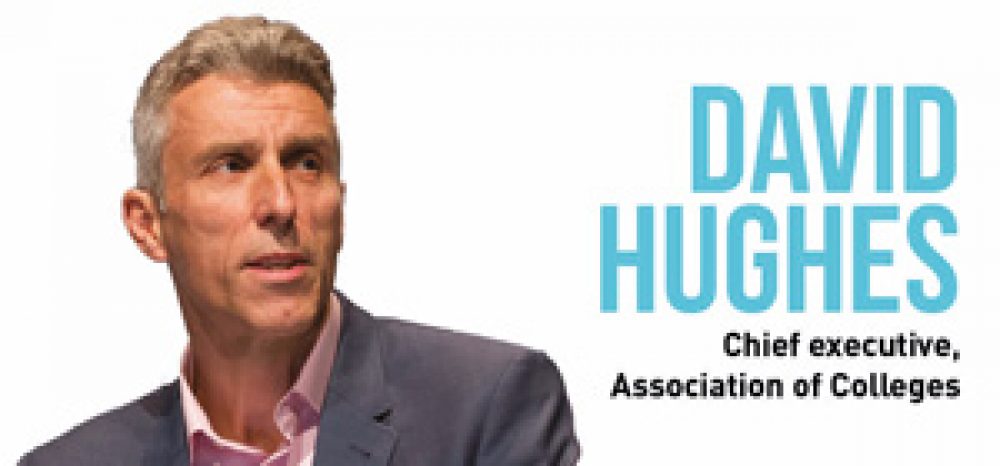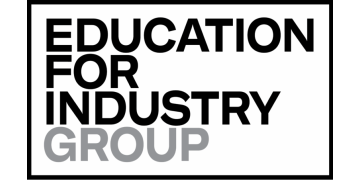In honour of the new strapline for the Department for Business, Innovation and Skills, FE Week asked two further education (FE) experts, David Hughes, chief executive of NIACE, and Toni Pearce, NUS vice-president for FE, what they thought the “New Challenges, New Chances” would be for learners this year.
It is all too easy to be gloomy about the challenges faced by adult learners in 2012. We all know about the banking and credit crises, which have led to economic recession, the high levels of unemployment and all sorts of social issues.
The subsequent cuts in public funding and lower employer investment in skills have hit adult participation numbers and the widening participation agenda.
In the spirit of the New Year, though, I don’t want to be despondent about the many challenges; instead I want to highlight a few of the opportunities for promoting adult learning and persuading people to invest in it.
This is a time for new thinking, new approaches to adult learning and for us to use the ‘chances’ we have.
The first opportunity is to use the London Olympics and Paralympics, the Queen’s Diamond Jubilee and the European Year of Active Ageing to promote the benefits of adult learning more widely.
All of these will bring chances to sell the benefits of adult learning to new audiences and to build on what we have to hope is a year in which the doom is replaced by some hope and optimism.
We need to promote adult learning as well in the debates about public sector reform and public funding cuts.
We know that adult learning can empower people, help them take control of their lives, enhance health and well-being, build community resilience and even reduce the costs to the State, so let’s make that case concisely and carefully to convince more local and national politicians and officials to invest in adult learning.
This year will see a significant shift in the funding of learning in both higher and further education.
The move from State funding to State financing is certainly challenging and many words have been and will be written against it.
I don’t want to be despondent about the many challenges; instead I want to highlight a few of the opportunities for promoting adult learning”
We need to use this to generate the debate about who should pay for learning, particularly focusing on the balance of investment we should expect from learner fees and loans, from employers and from the State. The distant opportunity from that is more employer and learner investment to grow participation.
FE Week has led the way in generating a debate about apprenticeship funding and design, but I want to see more focus this year on the learning experience of apprentices.
So let’s learn from apprentices in order to enhance the offer, maximise the benefits and persuade more employers to invest.
As ever and true to the NIACE mission, I want to make sure that we promote learning for those who have missed out most.
There are five opportunities to do this: the new focus on entry-level English & maths; the introduction of a new adult funding methodology; the innovation code which we called for in our joint ‘Colleges’ Inquiry; the review of adult and vocational learning pedagogy; and a new NIACE Inquiry on Family Learning which we hope to launch this year.
In all of these there are opportunities to sharpen our focus on how best we can support more adults to benefit from learning throughout their lives.
There are chances amongst the challenges. It will be a tough year but I am optimistic that we will work together to make a strong case for adult learning as a critical part of the economic and social recovery we all desire.








Your thoughts